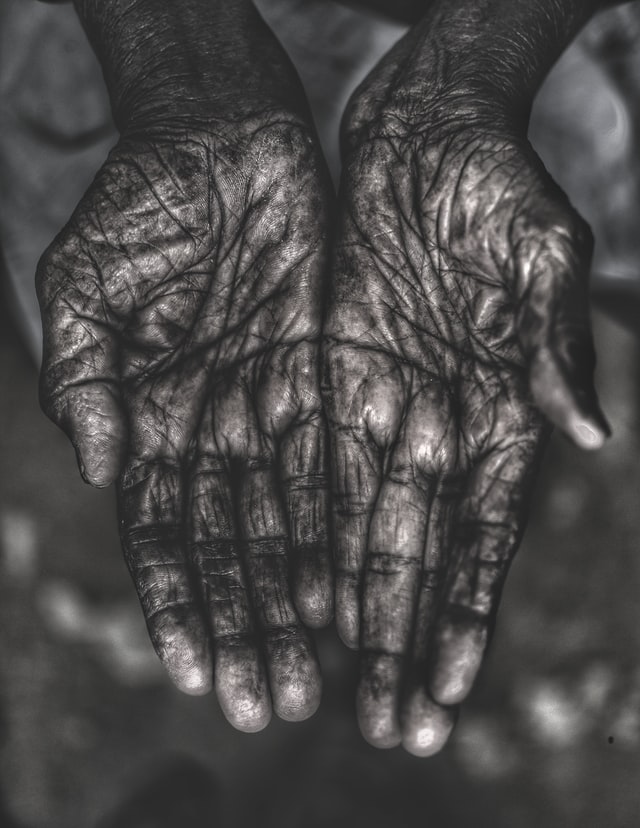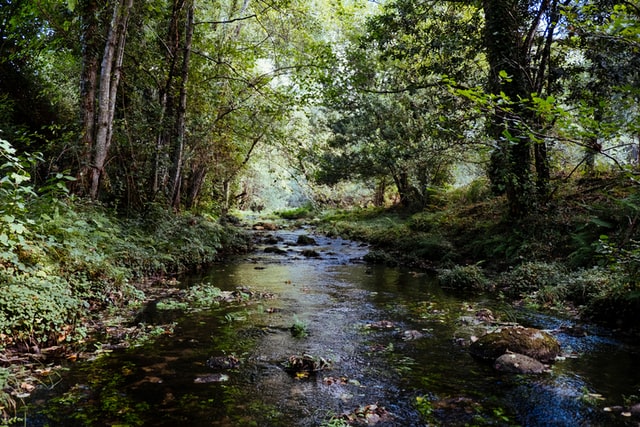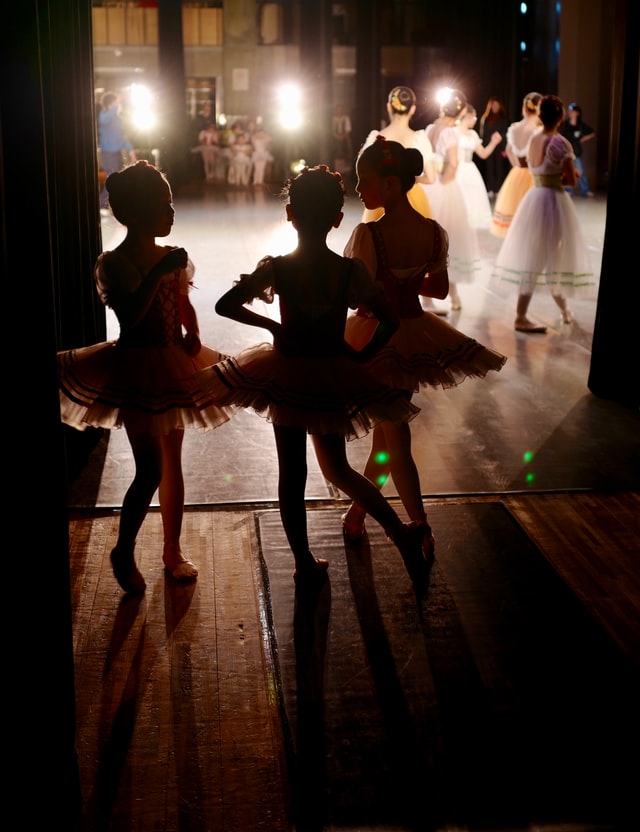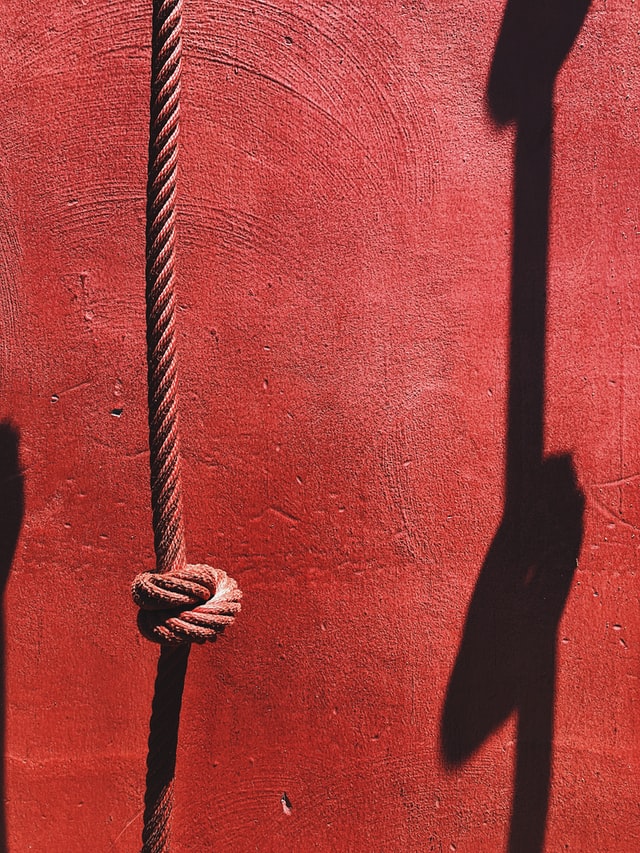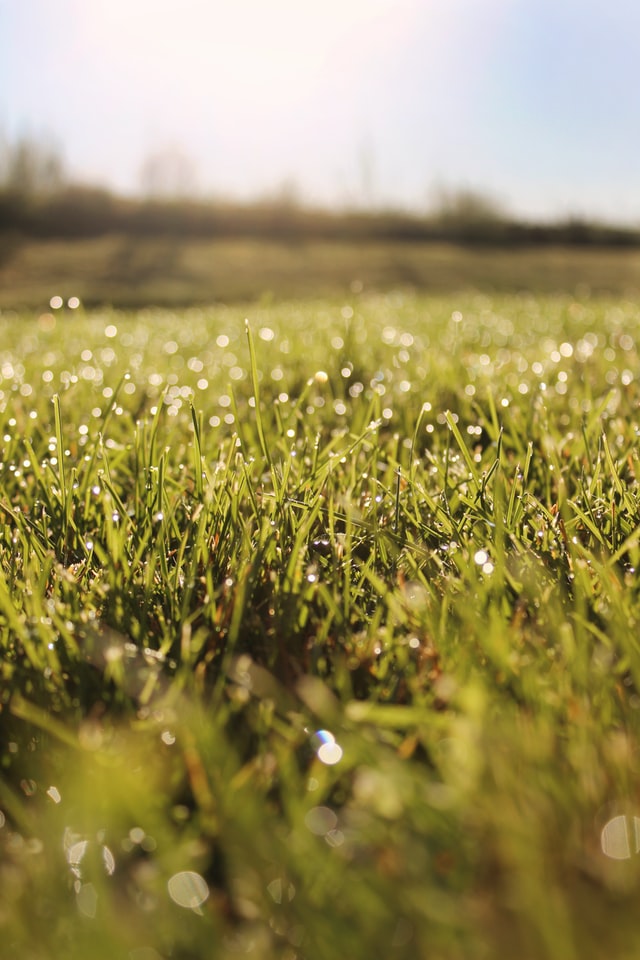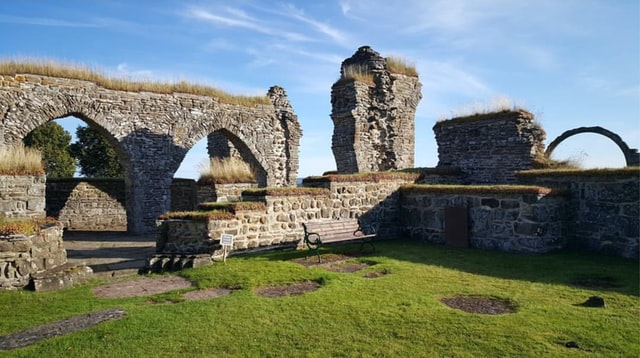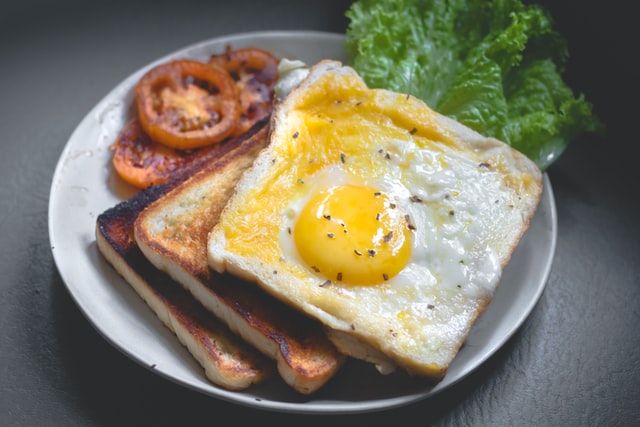by Rachel Racette
Today is a good day.
Today I woke with the sun and spent a few minutes basking under its warm glow. (It felt like your smile. The gentle brush of your fingers across my scalp.) Then rose and cleaned the grime I’d accumulated from the last three days from my skin, washed down the drain and put out of mind. My reflection shows my face full of color once again.
Today’s a new day. I roll my shoulders the heavy cloak of yesterday falls. I stand tall, breathe deeply, and a smile seems to have made permanent residence on my face. Today will be a good day, I feel it in my bones.
(Not like yesterday. Yesterday was a bad day. I woke to the fading memory of you. A dream that should have been a dream, not the tainted and bitter nightmare it became. I sobbed until my chest ached and I couldn’t breathe. Again.
Raised my voice like a killer’s dagger at my loved ones and snapped at every little thing. I wanted to bury myself and fought with teeth when they tried to draw me out into the light. I screamed, and your name fell like a curse from my lips.
Yesterday I remembered and missed you, and my emotions thrashed me like a violent thunderstorm. Yesterday was a bad day.)
Today I apologise and mean it. I make breakfast for my family, and their understanding and sympathetic smiles don’t dig like hooks under my skin. I smile, and my spirit bends under the relief in their eyes. I finish my plate, press kisses to my parents’ cheeks, and slip out, throwing my bag over my shoulder.
I walk, not stomp or run out the door, down the walkway. Birds sing, and when I pass my little sister, I let her pull me down and press flowers into my hair. She grins, a bright wonderful thing as I ruffle her hair, beating a hasty retreat when she reaches for me again. She laughs, and I laugh with her.
(Without a lie in my throat. Without the echo of your sound to bring me down. Anger doesn’t rise, and my mood brightens even more.)
I stroll down main street, flowers still in my hair. The elderly woman who lives next door looks up from examining the fresh fruit and waves. She’s always one of the few up so early, always the first customer on the block.
“Good morning!” She calls.
“Isn’t it just?” I reply. Her eyes gleam and she nods, turning to finish selecting the last of her groceries. I pause, the ghost of hands brush my shoulder, and I offer to help her carry her goods. She accepts, and I find I enjoy the detour.
Her house smells of lavender, and her big fluffy cat welcomes my pets without hesitation. She offers a peach, and I step out the door swallowing sweet juice and tender flesh. I dig around in my bag, find an abandoned zip lock and pocket the pit.
(You used to laugh at my oddities. My choice in books, clothes, the pieces of life I kept that people normally threw away. It turned you off more than a few times, until you saw what I did with those pieces.)
I rush back to main street, slip into the back of the only craft store for miles, and clip on my nametag and hat. The slip the flowers from my hair into another zip lock, this one filled with a variety of dried flowers. I wheel out with new and replacement supplies and immediately get to work. My co-worker watches from the till, her usual painted smile reaching her eyes.
Today is a good day for me. So it should be a great day for everyone else.
The rest of the morning passes by quickly, the steady buzz ruined only when two boys nearly knock over a display. They stutter apologies while the mother sighs. I stand tall, twisting my hat back as I brush off their worries, ushering them towards the kits on display, asking how they feel about knight and dragons.
The two leave weaving words excitedly as only children can, the mother’s face a bit brighter, a bit calmer than before, and rushes after her children, smiling and shaking her head at their backs.
(You used to shake your head like that at me, when I rushed through my words like there was never enough time to say it all.
There wasn’t, in the end. The sad thing I’m realising is; I think few people reach the end having said all they wanted to say. I wonder if you were one of them, if there were things you wished you’d told me when you still had the time.
I wonder what they would have been.)
Late afternoon comes and I walk home under yellow fading warmth. Home smells of the promise of a hearty dinner. I call out and am welcomed by a throng of voices; my parents from the kitchen, dancing around the tiles like they’re the Gods of this little place of pot and spices; from my younger sister before she rushed up the steps; from my even younger sister and brother drawing and playing in the living room.
I make my way to my room, shutting the door gently behind me. (I don’t turn the lock. There’s no silence ringing click. You told me I shouldn’t lock out the world.) I drag out the box from underneath my bed. Inside, are my tools; paintbrushes and paints, little bits of metal and rocks, carving tools and a mini-glue gun, wire and string and buttons. Inside there are dried flowers and crafts formed from collected and carved wood, horns, and a dozen other little odds and ends. Such as little figurines carved from peach pits.
I cross my legs and dig through the box, the pit sitting, waiting at my side. Something crinkles under my supplies and I stop. I shuffle things around and from the bottom, a little wrinkled and splattered with paint drips; is a picture of you and me. Smiling, holding each other close.
(It hurts, even after so long. A terrible inescapable pain I never knew could exist. Time feels so slow and too fast without you. Colors look duller, music feels lifeless, and there is a cold void in my heart where you had made a place for yourself. Life, is… difficult.
But–
Today was a good day. Tearful memories will not make it untrue.)
The sun has set, and through my open window I stare up at the stars, praying tomorrow will be okay. Hoping the hole where you used to live is easier to bare tomorrow. I have loved you and will love you till the end of my days, but I will learn to live without you, because life is wonderful. You taught me that. (I’m trying not to forget it.)
Today was a good day. Tomorrow is uncertain, but I have a good feeling, because today, today I was made a little more whole.
Rachel Racette, born 1999 in Balcarres, Sask. Loves writing characters and creating new worlds. Has always loved books of fantasy and science fiction as well as comics. Published in The Spelunkers: A Chipper Press Anthology.
E-mail: rachelracette@yahoo.com
Website: www.racheldotsdot.wordpress.com

